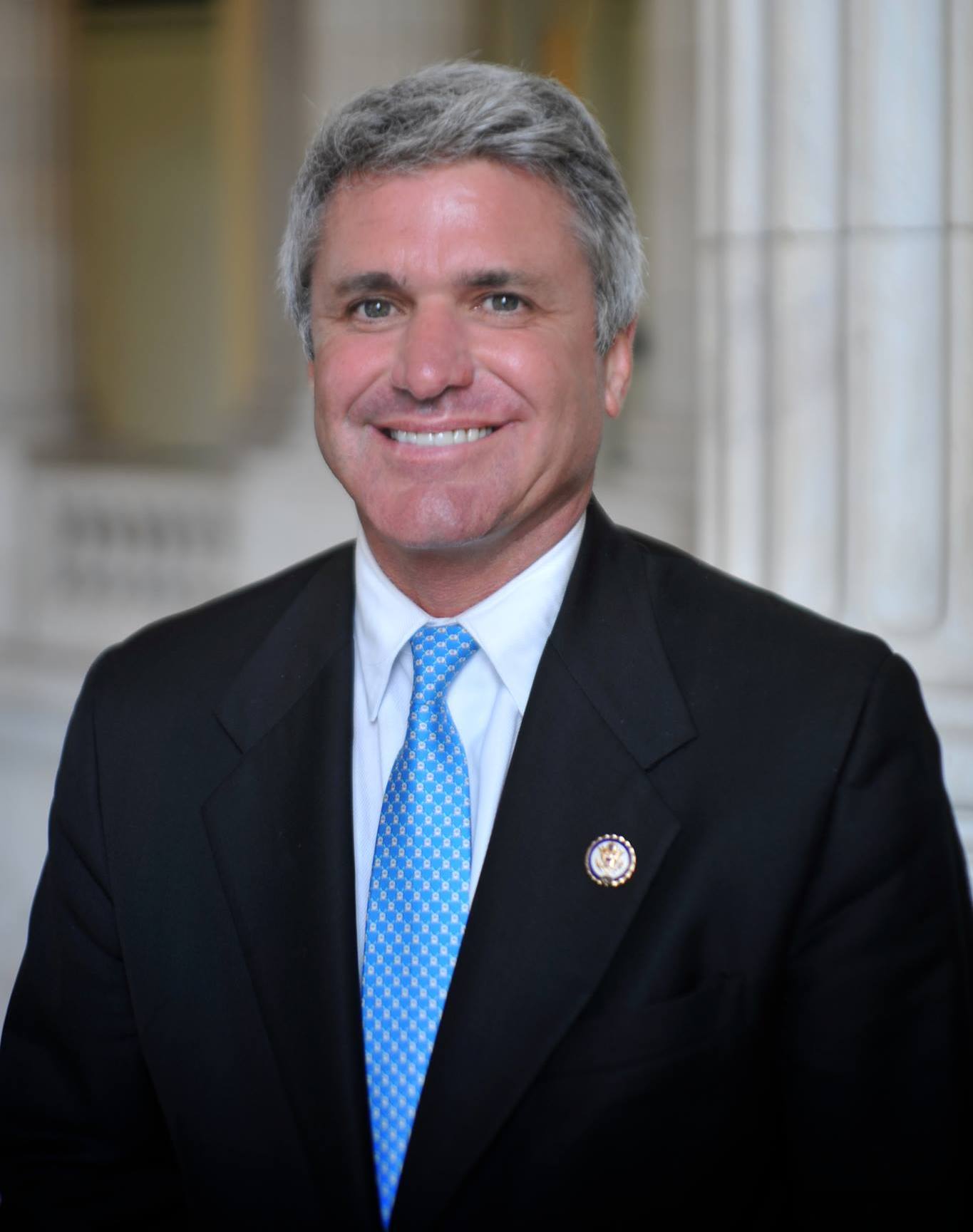
America has always been a country at the forefront of innovation. As a nation, we imagine the impossible and then execute.
When John F. Kennedy committed to putting a man on the moon by the end of the 1960s, he encapsulated the spirit of American determination, stating: “We choose to go to the Moon in this decade and do the other things, not because they are easy, but because they are hard; because that goal will serve to organize and measure the best of our energies and skills, because that challenge is one that we are willing to accept, one we are unwilling to postpone, and one we intend to win.”
That speech personified American greatness, and we built our national strength on our technological prowess. Yet over the last few decades, we have seen American innovation stolen and sold to the People’s Republic of China (PRC), putting our technological leadership at risk of being overtaken.
Specifically, our export control system has failed to protect U.S. technologies from fueling the rise of our adversaries’ militaries and surveillance regimes. The Bureau of Industry and Security (BIS) within the Department of Commerce is overseeing a system that keeps very little technology away from the PRC.
The Bureau of Industry and Security (BIS) within the Department of Commerce is overseeing a system that keeps very little technology away from the PRC.
Technological leadership will determine the outcome of our great global competition with the People’s Republic of China. They are using their Military-Civil Fusion Strategy to remove any barriers for its military to access technology being used in, or developed by, the commercial sector. If BIS continues to mindlessly green light sensitive technology sales, the PRC will use it against us.
We recently witnessed a PRC hypersonic missile test which circled the globe and landed with precision. This was only possible through U.S. technology that was sold to them. This should be a wakeup call to all Americans that we must take export controls seriously.
Make no mistake — the BIS has one of the most critical national security jobs within the U.S. government. This agency can stop the transfer of U.S. technology to our adversaries who use it for military applications and human rights abuses. With the stroke of a pen, the BIS can constrain the PRC’s military and disrupt its surveillance state.
Yet for BIS, it is business as usual.
A recent Congressional Research Service (CRS) study found that of the roughly $125 billion in U.S. exports to China in 2020, BIS required licenses for 2.1 percent of exports.
Alarmingly, 99 percent of controlled technologies went to China without a license. This raises the question – why is the BIS failing at its job and how can we make it the effective agency it needs to be?
A recent Congressional Research Service (CRS) study found that of the roughly $125 billion in U.S. exports to China in 2020, BIS required licenses for 2.1 percent of exports.
The answer is to actually follow the law and pursue new legislation to ensure there are effective technology controls and more robust involvement from other national security agencies.
BIS can no longer look the other way or rubber stamp licenses when American companies are transferring sensitive technology to the PRC. The times have changed, and BIS needs to step up.
Moreover, BIS can no longer hide information and avoid transparency from Congress and the American people.
We must fortify BIS and ensure they are carrying out their mission to protect American intellectual property and innovation.
Our future depends on it.
Michael McCaul represents the 10th District of Texas in the U.S. House of Representatives. He serves as the Republican Leader of the Foreign Affairs Committee, and is Chairman of the House GOP China Task Force.




